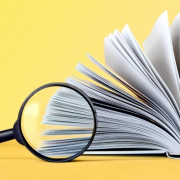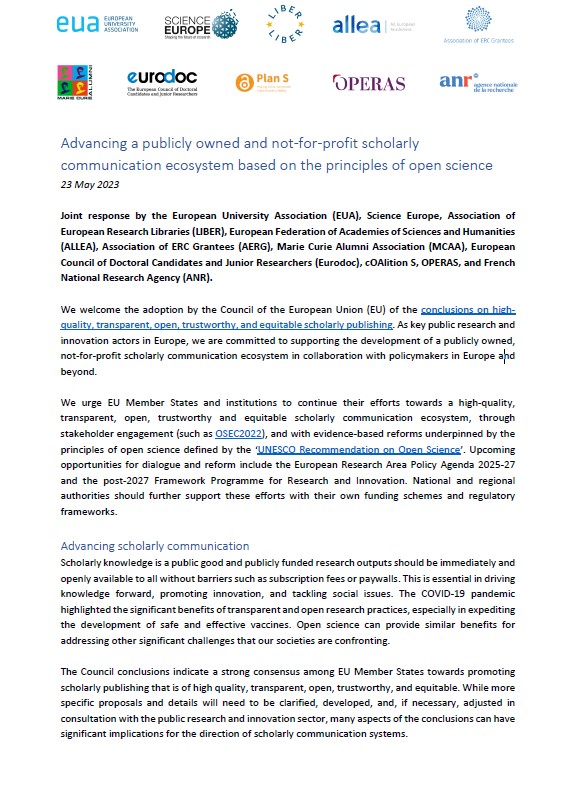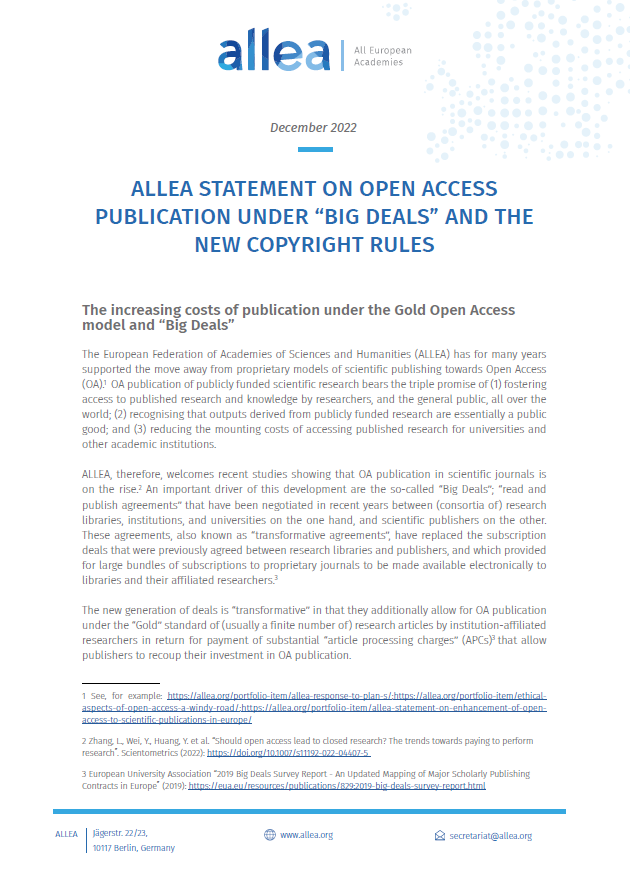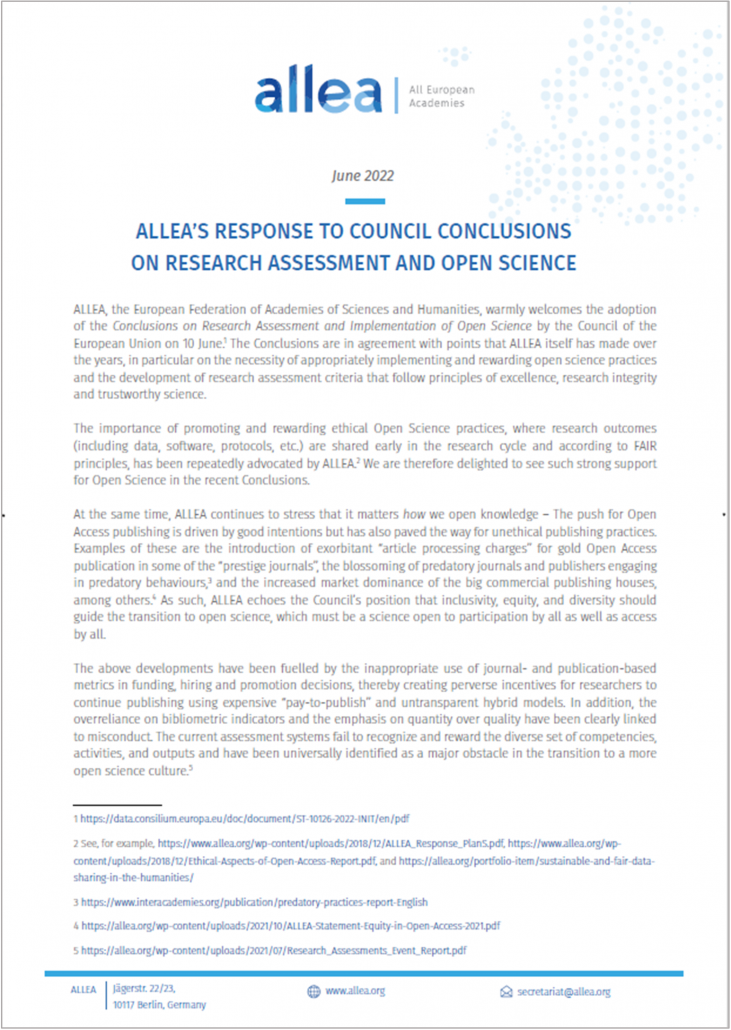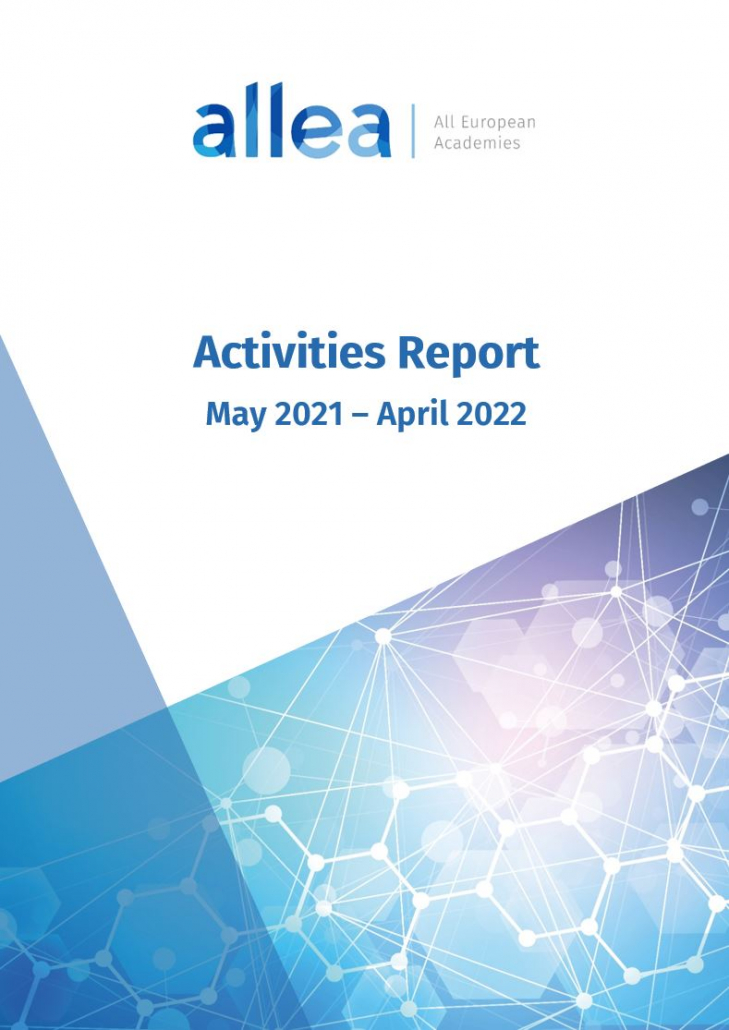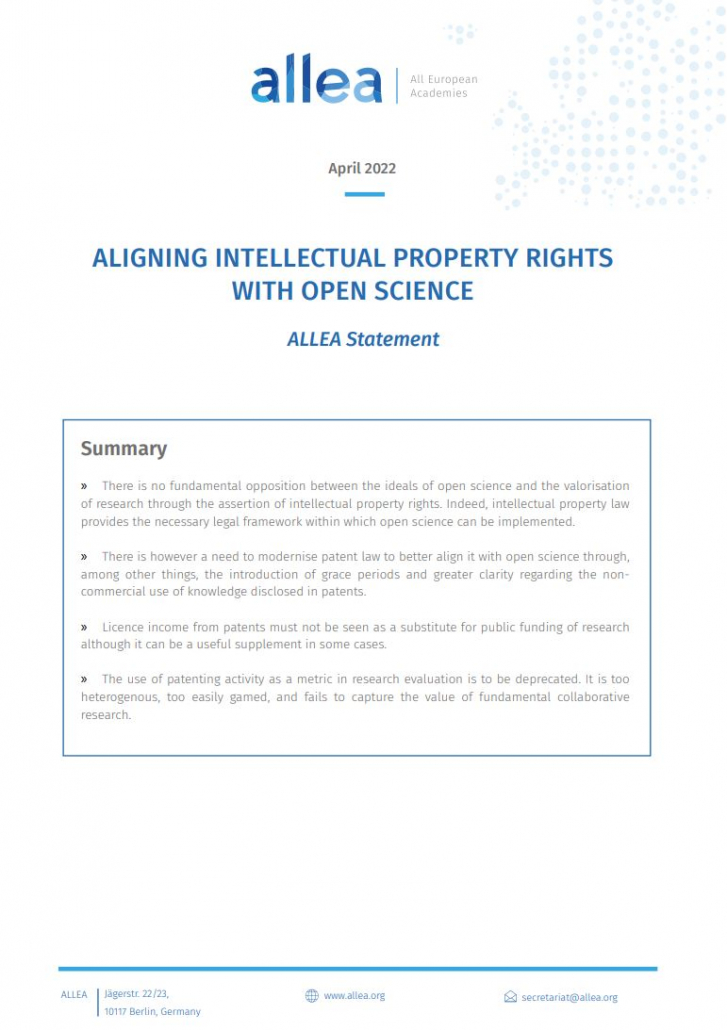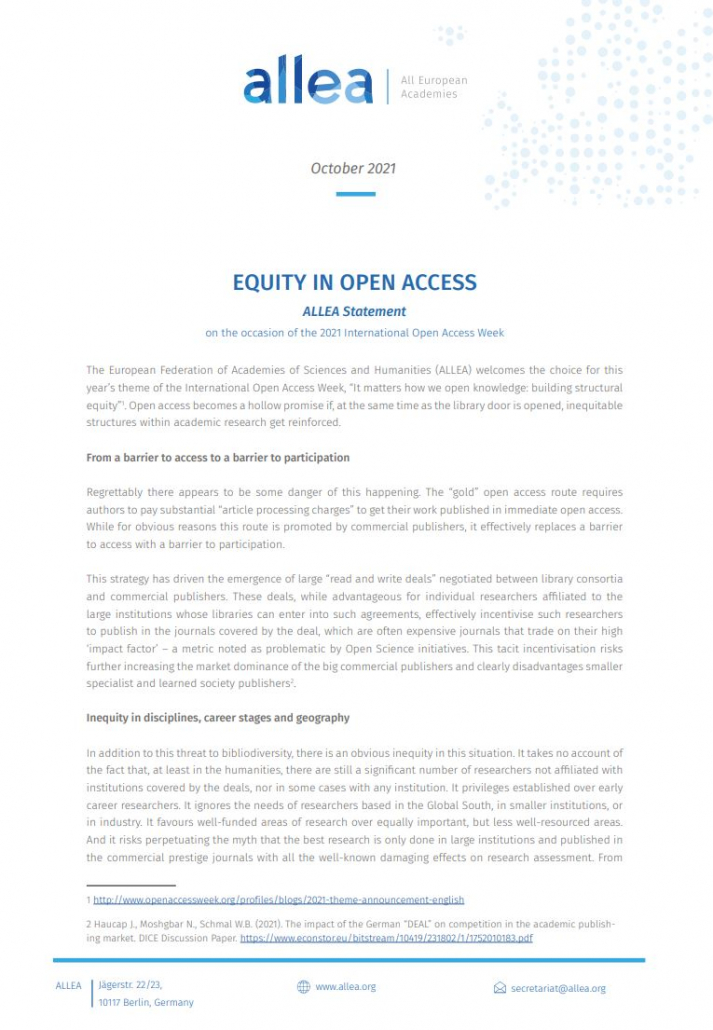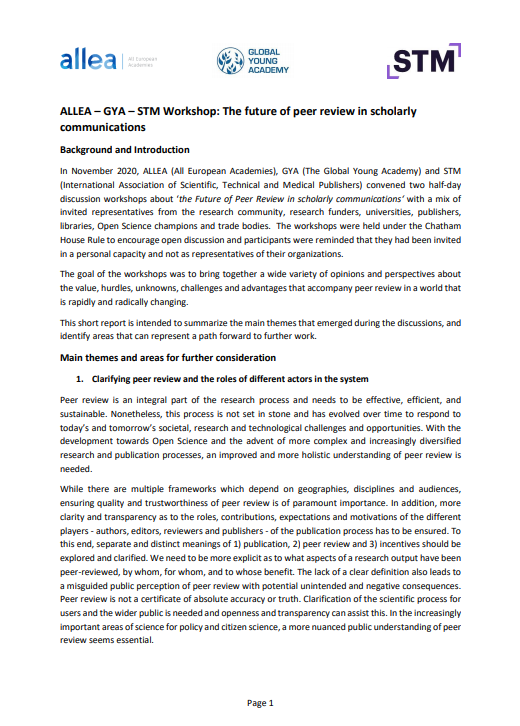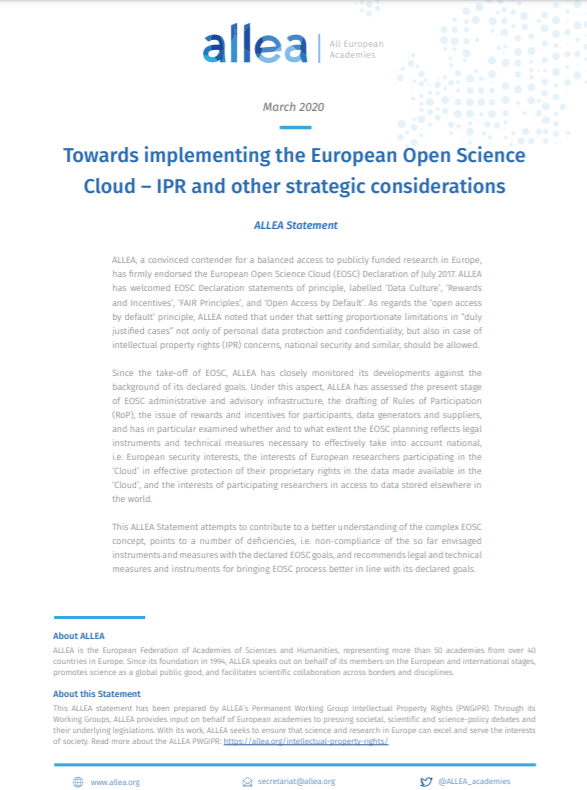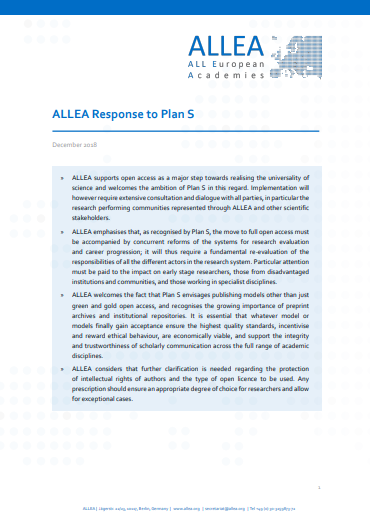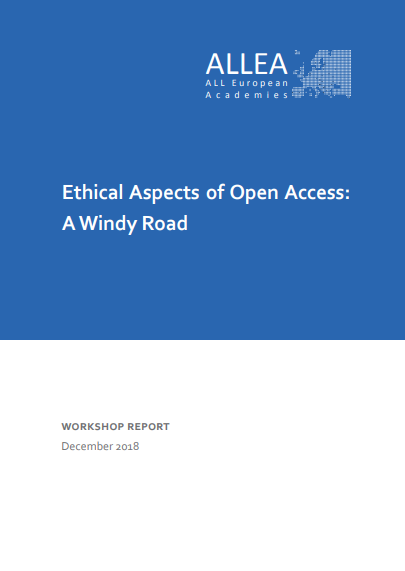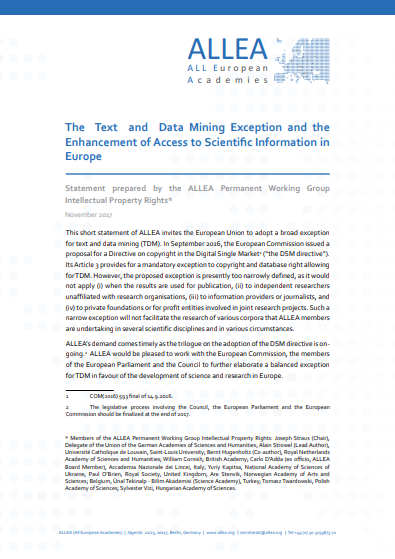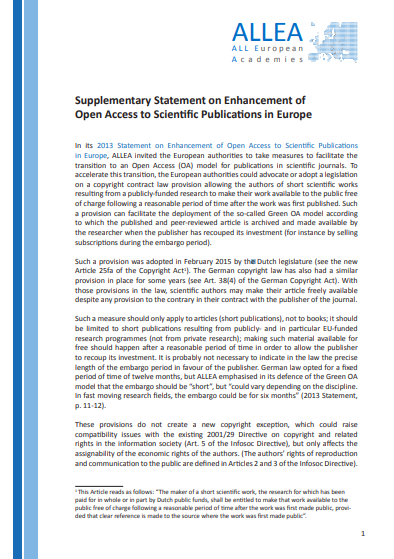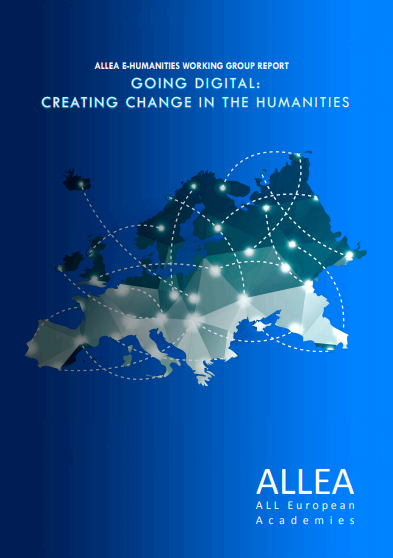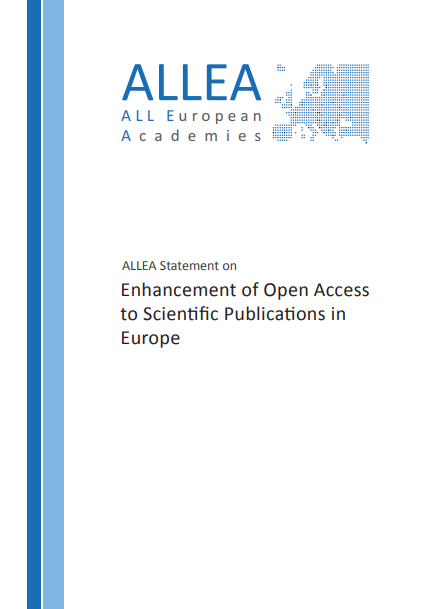Open Science
Openness is inherent to the success of modern science; the open sharing of ideas, theories, methods, data, and evidence forms the basis on which our agile and innovative global research system is built. Over the past decades, digitalisation has accelerated this process in at least three ways:
- It has removed the constraints resulting from the complexity and cost of traditional printing technologies; online publishing is not only far easier, cheaper and faster, it also allows the publication of much richer content (e.g. video, executable code, 3D models etc.).
- It offers the prospect of near universal access through the internet to the entire corpus of human knowledge.
- It allows us to move publication upstream in the research workflow and publish not just the final research summaries, but protocols, data sets, software tools and other intermediate and early-stage research outputs thereby improving the replicability and integrity of the research process.
In principle, technological development brings us closer to achieving the promise of universal and borderless science with improved reproducibility and a better documented evidence base. In addition, contemporary challenges, such as the COVID-19 pandemic and climate change, require us to respond more rapidly and precisely to urgent policy questions through trans-disciplinary collaborative research. of the type that open research enables.
The road to universal and borderless science
The road to realise this ideal is, however, not an easy one. Efforts to reform processes and attitudes in our research culture require careful analysis, skilled advocacy and sustained leadership to overcome the natural inertia and conservatism of academia. Considerable investment in sustainable infrastructures and organisations to support it are needed to push systemic change and, as always, disruption of existing conventions and structures can be expected to provoke resistance from vested interests.
As a longstanding proponent of open science, ALLEA has accumulated decades of experience and expertise on fundamental aspects of open science such as legal and ethical considerations, data management in the humanities, and digital research infrastructures. We work together with our Member Academies to amplify their voice considering the role of Europe in this global debate. Jointly with them, we gather evidence and data, foster knowledge, and practices exchange, and formulate common positions in a coherent and timely manner through multiple initiatives.
ALLEA aims to contribute to the development, coordination and implementation of Open Science policies and initiatives with a particular emphasis on issues relevant to the greater European area. To do so, ALLEA draws on the expertise of its academy members in promoting science across all disciplines as a global public good that is as open as possible and as closed as necessary.
Objectives
- Amplifying the voice of the European Academies in the Open Science policy area and providing advice and guidance to researchers, policymakers, and pertinent stakeholder organisations.
- Supporting the move towards full Open Access publishing and assessing the broader implications for researchers, research-intensive institutions, societies, and publishers.
- Catalysing the Open Science movement for FAIR sharing of research outputs (articles, data sets, methods, code/software) in the natural sciences, social sciences, and humanities.
- Exploring sustainable directions for (transparent) peer review of research articles, data sets, methods, code/software, and other types of scholarly communications.
- Collaborating closely with ALLEA’s experts on Intellectual Property Rights to assess IPR issues related to innovation and Open Science.
Related Activities
UNESCO Open Science Partnership
As part of the UNESCO Open Science Partnership, the ALLEA Open Science Task Force has responded to the recent UNESCO multi-stakeholder consultation on Open Science. The resulting draft text of the Recommendation on Open Science will be put forward for adoption by UNESCO’s General Conference during its next session in November 2021.
The Future of Peer Review
ALLEA, GYA (The Global Young Academy), and STM (The International Association of Scientific, Technical and Medical Publishers) convened a workshop series on ‘the Future of Peer Review in scholarly communications’ with representatives from the research community, research funders, universities, publishers, libraries, Open Science champions, and trade bodies. Read the final report.
ALLEA Response to Plan S
ALLEA welcomed the bold ambition of open access proposal of research funding organisations Plan S. In an initial response in an attempt to stimulate debate, a series of issues and recommendations were presented to avoid perverse incentives and unintended consequences. ALLEA also asked for more consultation and discussion with all affected parties.




